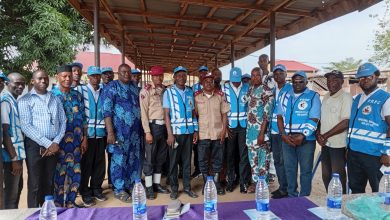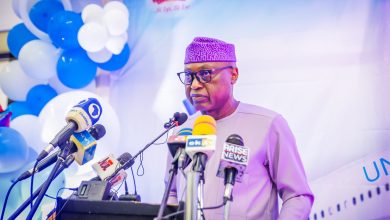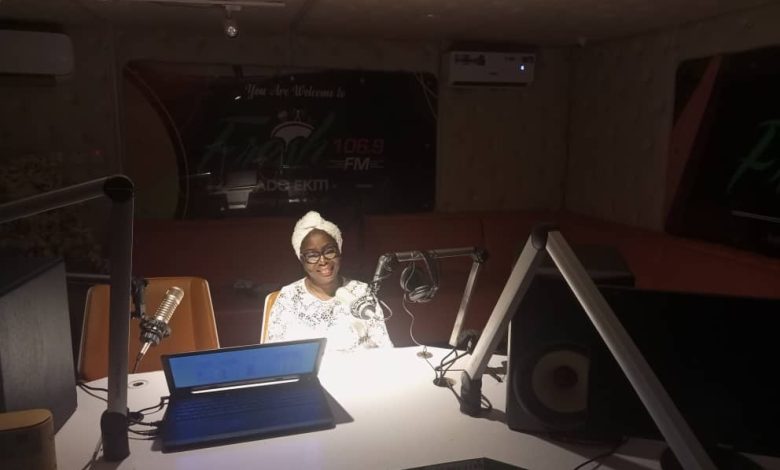
The Ekiti State Government has reaffirmed its dedication to creating an environment that empowers women to reach their full potential. This commitment encompasses a range of initiatives aimed at enhancing women’s access to education, healthcare, and economic opportunities. By doing so, the government ensures that women can actively participate in the development of the state, contributing to a more balanced and inclusive society.
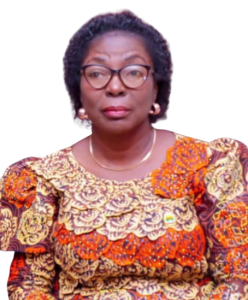
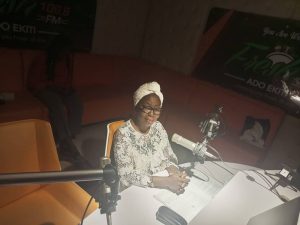
Speaking during a recent broadcast on Fresh FM Ado Ekiti’s program “Aaye Obinrin Lori Tabili,” The Director-General of the Bureau of Civic Orientation and Citizenship (BCOC), Mrs Olawumi Famuyiwa addressed critical issues surrounding women’s participation in politics. The program serves as a platform for empowering women and promoting civic engagement, allowing for a robust discussion of the barriers that women face in political leadership roles.

The initiative, supported by UN Women, the Canadian government, and the United Kingdom in collaboration with the Balm in Gilead Foundation for Sustainable Development (BIGIF), aims to dismantle obstacles that hinder women’s full participation in governance. By raising awareness about these issues, the program seeks to inspire change at both community and institutional levels, fostering a culture of inclusivity.

Mrs Famuyiwa highlighted the significant strides made by the current administration in promoting women’s representation in government. Notably, she pointed out that six members of the State House of Assembly are women, marking a historic milestone for Ekiti State. This achievement underscores the government’s commitment to gender equality and the empowerment of women in leadership roles.
Commending the efforts of Governor Biodun Abayomi Oyebanji, Mrs. Famuyiwa emphasized that by promoting gender equality and supporting women’s rights, the administration aims to foster a more inclusive and equitable society. She underscored the importance of women’s involvement in governance, noting that their unique perspectives are crucial for effective decision-making.
Despite the potential for women to lead, Mrs. Famuyiwa acknowledged that societal norms and systemic barriers often hinder their ascension to top political positions. She argued that this lack of representation perpetuates a cycle of gender inequality that adversely affects policy outcomes and the overall governance landscape in Nigeria.
The Director-General also emphasized the necessity of mentorship and support systems for aspiring female politicians. She encouraged women to build networks that emphasize collaboration rather than competition, suggesting that strengthening these ties could empower women to navigate the political landscape more effectively and advocate for one another’s success.
Listeners of the program contributed their thoughts on women’s leadership, with some expressing skepticism about women’s support for each other during elections. This observation raised concerns about the social dynamics that can undermine women’s collective strength in political contests, highlighting the need for a shift in mindset and behavior.
Additionally, some callers shared perceptions of women’s behavior in political office, suggesting that women often display strictness or rigidity once they attain power. This discussion prompted a deeper examination of the cultural perceptions surrounding female leaders, challenging stereotypes that associate femininity with weakness or emotional instability. The need for a cultural shift in how women are viewed as leaders emerged as a significant theme during the program.


